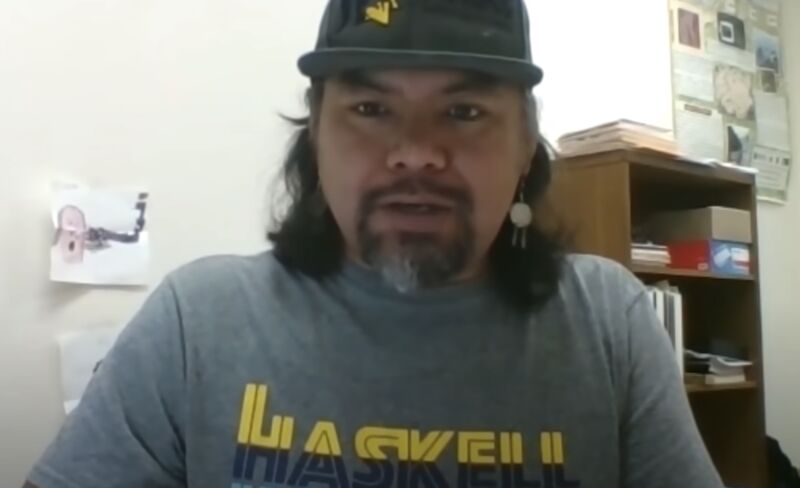Remote tribe says SpaceX Starlink “catapulted” them into 21st century

A remote tribe in Washington state is one of the first users of SpaceX’s Starlink broadband, having been connected recently after years of struggling to get modern Internet service. “We’re very remote,” said Melvinjohn Ashue, vice chairman of the Hoh Tribe’s governing committee. “The last eight years I felt like we have been paddling upriver with a spoon and almost getting nowhere with getting Internet to the reservation.”
The Hoh Tribe’s reservation is in western Washington and had a population of 28 households with 116 people in the 2010 US Census. Ashue described the tribe’s Internet problems and use of Starlink in a video produced by the Washington State Department of Commerce.
The video serves partly to advertise the state agency’s efforts to get everyone connected to modern broadband by 2024, a goal that has been helped along by SpaceX’s decision to start its limited Starlink beta in Washington. Previously, we wrote about how Washington state emergency responders are using Starlink in areas ravaged by wildfires. Residents of the wildfire-stricken town of Malden have also used Starlink.
“The Hoh Tribe called us early on in COVID, sharing that they had a lot of challenges around being connected or staying connected,” said Russ Elliott, director of the Washington State Broadband Office. “They definitely had very limited Internet and they were nervous about the future.”
After the SpaceX beta began, “we introduced the Starlink folks to the Hoh Tribe,” Elliott said. “The Hoh Tribe shared their story, [and] Starlink felt very compelled to come up to see what they could do to help.”
“It seemed like out of nowhere, SpaceX came up and just catapulted us into the 21st century,” Ashue said. “Our youth are able to do education online, participate in videos. Telehealth is no longer going to be an issue.” Ashue said the reservation is about 23 miles south of Forks, Washington, a small city with only about 3,800 residents.
Larger public beta on the way
Last year, the Washington State Legislature enacted a bill that established the State Broadband Office and set the goal of bringing at least 25Mbps download speeds and 3Mbps upload speeds to all businesses and residents by 2024. The law set a 2028 goal of 150Mbps downloads and uploads for all businesses and residents. The state isn’t building its own network, so it’s seeking partnerships with Internet providers.
Starlink is free during the beta, but government grants could help once it requires a fee. Elliott urged people in Washington to go to the state broadband webpage where they can take a speed test and enter their address to help state officials identify areas that need better service.
“We can be active in potentially bringing some of these emerging technologies your way, and we can be active in helping you pursue the funds, whether state or federal,” Elliott said.
Speed tests by Starlink beta users in August found download speeds ranging from 11Mbps to 60Mbps, upload speeds of 5Mbps to 18Mbps, and latencies of 20ms to 94ms. SpaceX has over 700 low-Earth satellites in orbit, which CEO Elon Musk said is enough for a “fairly wide public beta” that will be available to more customers in the northern US and “hopefully” in southern Canada. It could take a few months for the latest satellites to reach their target positions, though, and no availability date for the wider beta has been announced.
https://arstechnica.com/?p=1713606